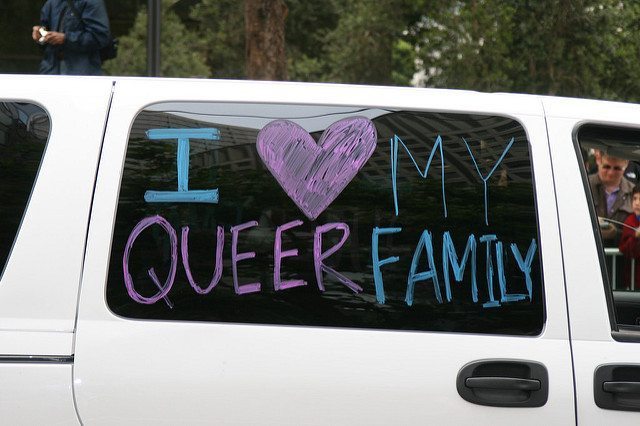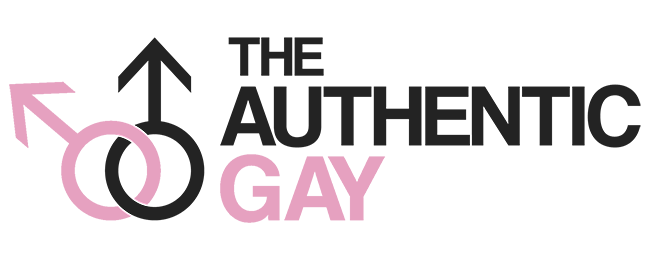A Possible Predictor of Gay Sons: Mother’s Immune System Response

The nature vs. nurture debate with regard to the occurrence of homosexuality has been an ongoing dialogue for several decades now. Hundreds of theories and hypotheses have linked being gay to a multitude of psychological influences, biological factors, and parenting styles. These theories range anywhere from hypothesizing that males who spend more time with their female parents are more likely to be gay, to identifying genetic markers in human DNA that are thought to play a part in the occurrence of gay offspring.
What most informed experts recognize is that there is evidence to support both sides of the debate. Most notably, on the biological side of the argument, studies on the occurrence of homosexuality between identical and fraternal twins yields a 52% occurrence if one of the identical twins is gay, and 22% occurrence if one of the fraternal twins is gay (in male twins). This indicates that there are clearly biological influences (hence the increased occurrence in twins that are more biologically similar).
New research on mother’s immune system
In early August of this year, the Archive of Sexual Behavior published a study called “Gay Male Only-Children: Evidence for Low Birth Weight and High Maternal Miscarriage Rates.” In this study, the theorists hypothesized that the mother’s immune system’s response to male-specific proteins during pregnancy could have an effect on the sexuality of their offspring. More specifically, they identified maternal miscarriage rates and low birth weights as measures of high maternal immune system responses (supported by previous literature linking lower birth weight to maternal immunization to male-specific antigens).
What would cause this immune system response?
The scientists hypothesized that the mother’s repeated exposure to male-specific proteins (associated with the Y-chromosome that the mother does not have) increases the concentration of antibodies that are produced as the immune system’s response. These antigens are predicted to alter the brains of the mother’s fetus due to the absence of a blood-brain barrier during pregnancy. This poses the following possibilities:
- The mother has several sons. The ones born first in order are more likely to be heterosexual compared to the ones born later (because after repeated exposure to male fetuses, the mother produces more antigens)
- The mother’s first born is a gay son. The hypothesis would then suggest that the antigens are already present in the mother’s body, therefore increasing the likelihood of miscarriages for future male fetuses
- Birth weight of first-born gay male sons (and any siblings born thereafter) are more likely to have lower birth weights compared to offspring of mothers with no gay sons (again, due to the hypothesized effects of antigens on the fetus)
How did they gather their data?
159 participants were involved in this study; 12 men and 147 women. Scientists classified the women into four groups: mothers of heterosexual sons, mothers of at least 1 gay son, mothers of daughters only, and mothers who had at least 1 child with gender disphoria (transgender). Data was gathered from these mothers with regards to the birth weights of their children, sex of offspring, sexual orientation of offspring, fetal loss, duration of pregnancy, and age of mothers during participation.
What did they find?
The data from this study shows that mothers of gay male-only children showed significantly higher fetal loss than all other groups of mothers. The evidence also revealed that firstborn gay males had significantly lower birth rates overall, therefore supporting the hypothesis that the mother’s immune system’s response plays a role in the etiology of homosexuality in their sons.
Limitations
As with many similar studies that have measured possible biological causes of homosexuality, this one has significant limitations. A small sample size certainly limits its application, but more importantly this study only focuses on the occurrence of homosexuality in male children. Biological predictors in the aforementioned article studying twins are also present for females (lesbian identical and fraternal twins). As this area of research continues to develop, we look forward to larger applications of these studies to grant us insight into the complex nature of human sexuality.
